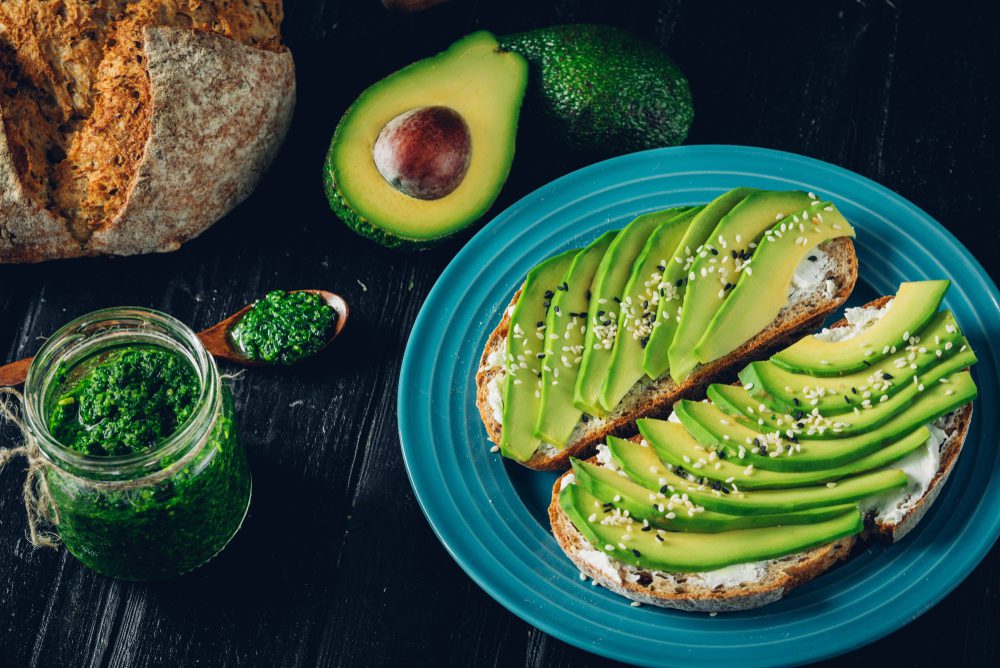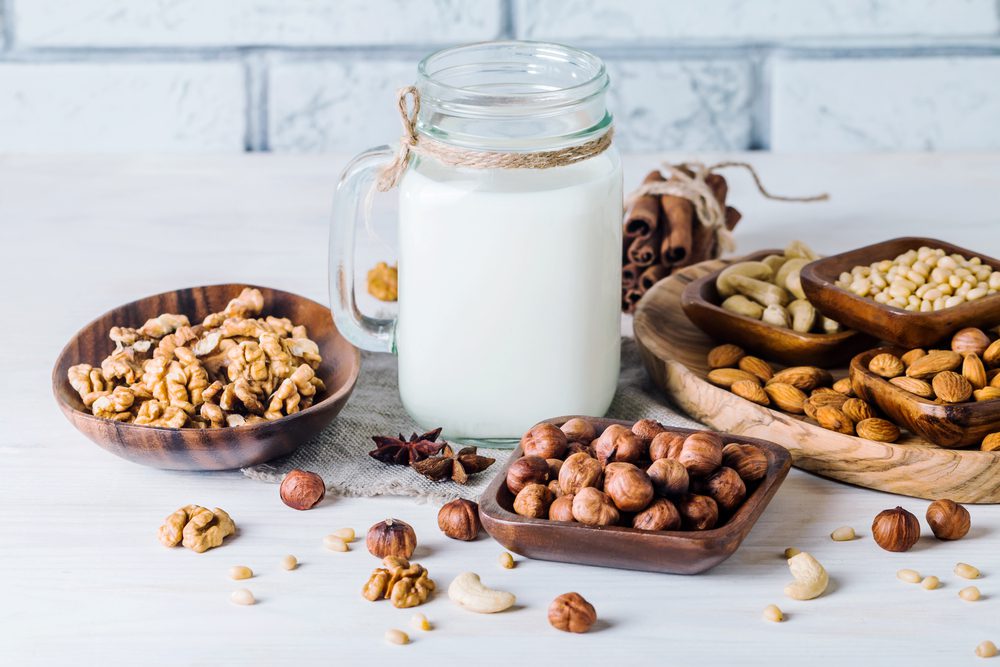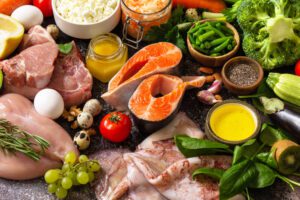The words “processed food” are more than enough to strike some fear into the hearts of many health-conscious consumers out there. Well, in the last ten years or even more, we have all been used to fear the intricate dangers of eating foods that might undergo a serious transformation from their initial form (if they even had an original form, because as far as we can tell, we don’t have protein bar farms or energy drink rivers).
Well, it’s still possible that the pendulum somehow swung too far, at least when it comes to attitudes about processed foods. In the most recent years, plenty of experts have encouraged people not to demonize them all in only one swoop.
As a matter of fact, many healthy foods have to go through some type of process before they actually reach grocery store shelves. Well, unless you live on a self-sustaining farm, you will more than likely need to integrate such processed foods as part of your regular diet.
What you need to remember is there’s a huge difference between processed and hyper-processed foods. While processed food is one that has gone through some kind of change between the farm and the table, ultra-processed foods are the ones that have been extremely altered with the addition of artificial flavors and colors, a ton of sweeteners, preservatives, hydrogenated fats, as well as other questionable ingredients.
It’s those foods that have been more associated with adverse health outcomes such as obesity and heart disease.
We decided to cut through the confusion lingering around processed foods and identify 10 foods that, even if they are technically processed, they’re actually very good for you. Here’s to discovering what foods you should be stocking your fridge and pantry with, to reap some of the best and most serious health benefits!

Whole wheat bread
Technically, all bread is processed, so no one is pulling whole loaves straight off a bread tree. However, that doesn’t mean you should avoid all kinds of bread. When you decide on a variety that’s made with whole wheat as the first ingredient, you will definitely reap the benefits of fiber, micronutrients, and the smallest amount of protein.
According to Haley Bishoff, RDN, and the owner of Rutsu Nutrition in L.A., Dave’s Killer Bread is the healthiest processed choice. As she explained, the wide majority of Dave’s breads are full of fiber, omega-3 fatty acids, and a couple of grams of protein per slice. Bread can sometimes get a bad reputation, but nutritious whole grain options such as this one can be seen as healthy diet staples.
If you feel ambitious enough to make your own bread, here’s a great flour you should try!
Canned and frozen lentils
Plant-based protein is definitely “en vogue” right now, and it’s quite easy to see why. Plant foods such as lentils not only offer a ton of protein, but they also stock you up with all the needed fiber, folate, magnesium, manganese, and other important nutrients.
Luckily, you don’t even have to do the work of soaking and boiling them to fully enjoy their marvelous nutrition. Canned or frozen lentils will do just that for your health, just like dried ones. If you need a suggestion to initiate on easy lentil stews and curries, we recommend Trader Joe’s microwaveable seemed lentils.
Those lentils are a very versatile plant-based protein that can be easily enjoyed either hot or cold. They pack 6 grams of fiber, 10 grams of protein, and 21 grams of complex carbohydrates per 1/2 cup serving. This wonderful legume makes the perfect addition to soups and salads to promote regular digestion, stable blood sugar levels, and a lot of energy.
Yogurt
Most of us wouldn’t think of yogurt as processed food. But oh well, here it is! The process of turning cow’s milk into a thick and creamy dairy treat takes some time, temperature, and added bacterial cultures.
The good news is that these multiple steps don’t really detract from yogurt’s healthfulness. Magill also pointed out that yogurt is a wonderful source of protein, calcium, vitamin B1, and probiotics that can easily support your digestive and immune health.
To decide on the healthiest, least processed type of yogurt, we would advise going for the plan or even lower-sugar versions. The plain yogurt with less than 12 grams of sugar per serving is amazing, and you can add your own fresh fruits or nuts for more flavor and sweetness.
Dried fruit
They come in packages, and they’re sold right next to the candy bars. Never seen ’em? Can’t blame you, to be honest. However, this doesn’t mean that dried fruits are too processed to be healthy. On the contrary, even if they may not have the water content of fresh apples or berries, dried fruits contain just as many nutrients.
Moreover, they sometimes have more fiber and antioxidants than fresh fruits, especially since there are more of them per serving. Raisins are a wonderful energy-boosting snack to keep in your bag at all times.
They are also full of fiber, iron, and carbohydrates, made to fuel both your brain and muscles. If you want to snack on dried fruit in a convenient bar, you should try anything from “That’s It!” bars. They are made completely out of dried fruits, nothing else in there, and they are also the equivalent of eating a whole apple, mango, and even pear.
Frozen whole-grain waffles
Frozen waffles that are made with refined flour might not be the best choice for breakfast. However, whole-grain frozen waffles are an amazing way to start your morning the right way. Those are nutritious processed food options because they come with complex carbohydrates and fiber, offering you plenty of energy throughout the day and a healthy digestive system.
Popcorn
Buttery microwave popcorn is definitely a source of hidden trans fats and artificial flavors, which puts it, rightfully so, in the ultra-processed territory. However, plain or even lightly salted popcorn is way less processed, and it actually packs a series of health benefits. Popcorn is already tasty as it is, and it’s also nutritious, which makes it the ideal snack to keep on hand. It is also loaded with plenty of fiber and magnesium, and only 100 calories for 3 cups.
Hummus
Hummus might be processed, but it’s still a very simple and nutritious food. It is primarily made of garbanzo beans and olive oil, which makes it a heart-healthy snack with fiber and protein. You can also pair it with vegetables such as pepper strips and carrot sticks, and you’ve got yourself a wonderful compromise between whole and minimally processed snacking.

Soy Milk
When it comes to plant-based, non-dairy milk, there’s a spectrum of processing we need to address. For instance, some are backed by an ingredient list as long as your arm, full of emulsifiers, fillers, and preservatives.
Others are just…simpler. And as far as we’re concerned, simple is the best sign. For vegans or even people with lactose intolerance, we definitely suggest trying soy milk. It’s the only plant-based milk with complete protein, and it also offers all the needed amino acids of cow’s milk, backed up by calcium and vitamin D.
Canned Fish
To get the needed daily dose of healthy fats (besides protein), don’t forget about canned fish. It might be more processed than a fillet of salmon or trout, but fish in a can still have amazing nutritional values. Moreover, they usually cost less than the fresh ones.
If you found this article useful, we also recommend checking Disease X Explained: Are We Ready for the Next Pandemic?






